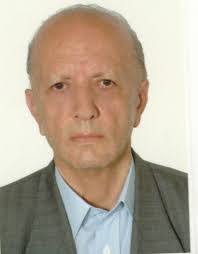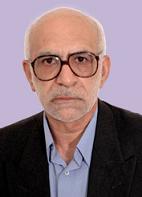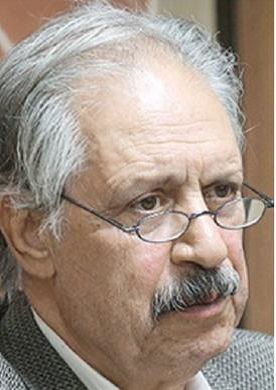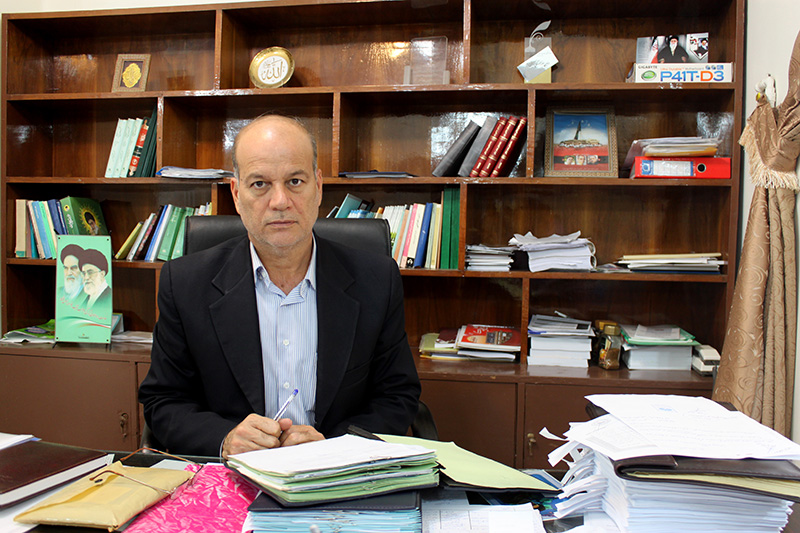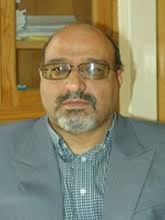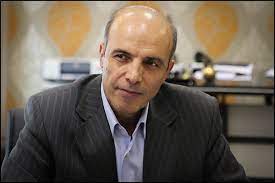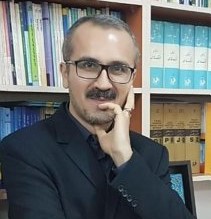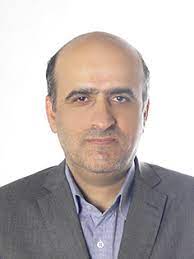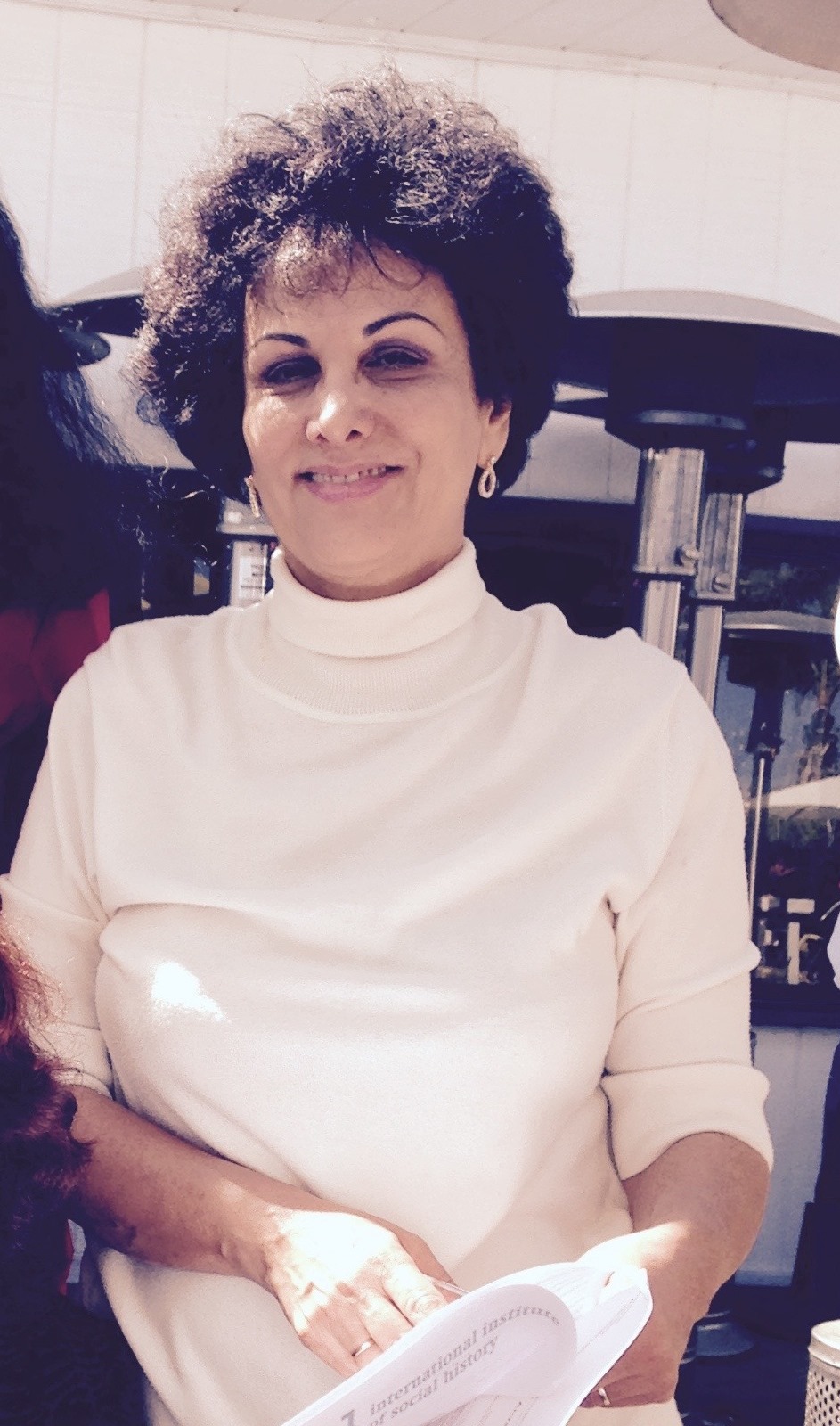Pathology of Development in the Islamic Republic of Iran with an Examination of the Role of Theoretical Divides
Keywords:
Development, Progress, Model, Theoretical Divide, ConsensusAbstract
Theoretical divides, acting as mental barriers in understanding and accepting each other, have led to the inability to achieve and agree on a unified and comprehensive direction for Iran. Since a desirable and effective consensus on a development model has not been formed in Iran, more than two centuries of effort and planning for transformation and development have also not reached a satisfactory result. Development, advancement, Westernization, good governance, supreme governance, etc., are concepts that development authorities have proposed to overcome backwardness. The difference in these terms has its roots in theoretical divides (identity conflicts, intellectual and attitude conflicts), divides that are themselves influenced by the multiple identity foundations of Iranians. The questions of this article are: 1- What is the most significant barrier to achieving desired development in the Islamic Republic of Iran? 2- What impact do theoretical divides have on development in the Islamic Republic of Iran? Based on the hypotheses of this research, 1- The most significant harm and barrier to the realization of development in the Islamic Republic of Iran are the theoretical divides among the development authorities. 2- Theoretical divides based on multiple Iranian identity foundations (Islamic, national, and Western) have led to a consensus crisis in selecting development models in the country and have resulted in the inefficiency of development models.

